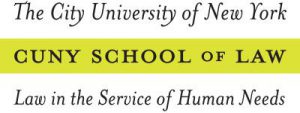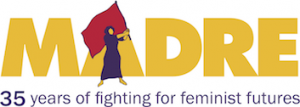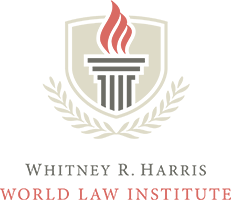
On March 12th, the experts’ meeting Re-imagining Justice: Ending Impunity for Gender-Based Crimes was convened at CUNY School of Law to discuss the International Law Commission’s 2017 Draft Articles on Crimes Against Humanity, with a focus on women’s rights and gender persecution. The meeting brought together over 30 international and regional experts and scholars in the fields of international criminal law, women, and LGBTI rights. Participants examined the legal theories and current debates regarding the criminalization of gender persecution on the grounds contained within the ILC Draft and developed recommendations on effective strategies to promote a gender analysis during the final stages of the drafting process. Participants also focused on how to engage with international human rights and transitional justice mechanisms to support the protection of gender rights in conflict situations.
This experts’ meeting was coordinated with MADRE, who has put together a coordinated advocacy strategy and movement-building initiative in collaboration with the Human Rights and Gender Justice (HRGJ) Clinic of CUNY Law School, the Organization for Women’s Freedom in Iraq (OWFI), Outright Action International, the Women’s International League for Peace and Freedom (WILPF) and the NGO Working Group on Women, Peace and Security, and others.
Visit MADRE’s webpage to learn more about their advocacy efforts regarding the crimes against humanity treaty and sign up to receive their news alerts about their campaign.

———
The UN International Law Commission completed a first reading of Draft Articles in summer 2017 and is now accepting comments from governments, international organizations, civil society, and others until December 1, 2018. Comments to the Secretary-General can be submitted in a form of a letter addressed to the UN Legal Counsel and sent by e-mail to the Director of the UN Codification Division, Mr. Huw Llewellyn (llewellyn@un.org).
The ILC will complete a second reading of the Draft Articles in 2019, after which a new treaty may be adopted by the UN General Assembly or a diplomatic conference in 2019 or 2020. Workshops on the topic with members of civil society, like this one in New York, are a crucial step towards this goal.
